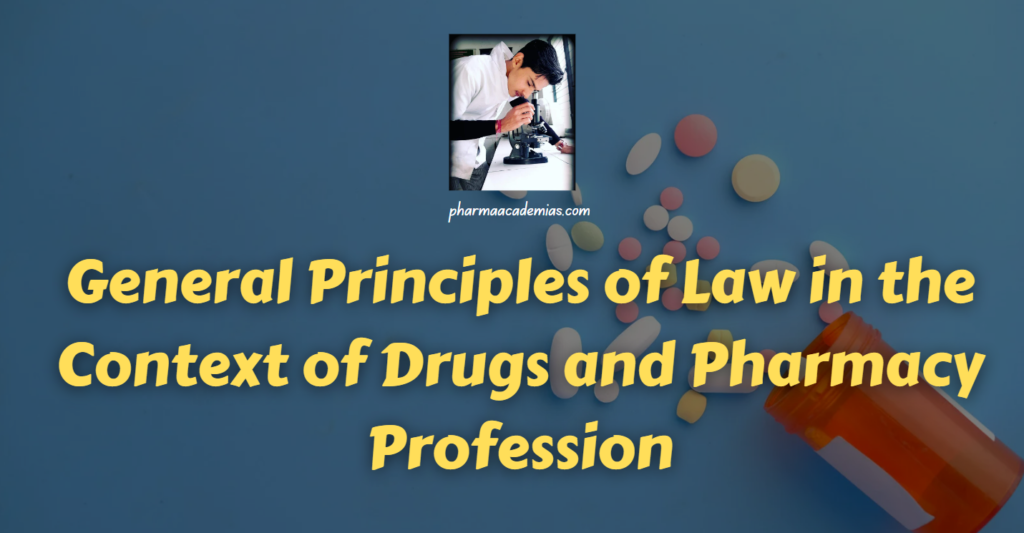The Pharmacy and Therapeutics (P&T) Committee is a crucial component of healthcare organizations and is responsible for making decisions related to the formulary and medication management. This committee is vital in ensuring the safe, effective, and cost-efficient use of medications within a healthcare institution. Below, we explore the objectives, composition, and functions of the Pharmacy […]
Day: December 23, 2023
The Pharmacy Council of India (PCI) introduced the Pharmacy Practice Regulations 2015 in India to provide a comprehensive framework for pharmacy practice. These regulations, formulated under the authority granted by the Pharmacy Act of 1948, outline the standards and guidelines that pharmacists in India are expected to follow in their professional practice. Please note that […]
Offences and Penalties
The Pharmacy Act of 1948 in India outlines various offenses and penalties to regulate the pharmacy profession effectively and ensure the highest standards of practice. Designing to maintain the integrity of the pharmacy profession, safeguard public health, and deter individuals from engaging in unethical or illegal practices, these offenses and penalties serve these purposes. Here’s […]
Registration of pharmacists
Registration of pharmacists is a crucial aspect of the regulatory framework in the pharmacy field. It involves the formal process through which individuals who have completed the requisite qualifications and training are officially recognized and listed in the register maintained by pharmacy regulatory authorities. The registration of pharmacists is governed by laws and regulations to […]
In India, the State Pharmacy Councils and Joint State Pharmacy Councils are regulatory bodies established under the Pharmacy Act of 1948. These councils play a crucial role in regulating the pharmacy profession at the state and joint state levels, ensuring that pharmacists adhere to ethical standards and maintain competence in pharmacy practice. State Pharmacy Councils […]
The Pharmacy Council of India (PCI) is a statutory body that plays a pivotal role in regulating pharmacy education and practice in India. Established under the Pharmacy Act of 1948, the PCI is responsible for setting and maintaining high standards in the field of pharmacy. The constitution and functions of the Pharmacy Council of India […]
Pharmacy Act-1948 and Rules
The Pharmacy Act of 1948 is a key legislation in India that regulates the pharmacy profession in the country. The Act was enacted to regulate the pharmacy profession, the Central Pharmacy Council, and State Pharmacy Councils. It outlines the qualifications and registration of pharmacists and sets standards for pharmacy education and practice. The Act and […]
1. Ancient Practices The history of pharmacy dates back to ancient civilizations, where individuals practiced preparing and dispensing medicinal remedies. Ancient pharmacists were often responsible for both compounding and dispensing drugs. 2. Formation of Pharmacy Guilds In medieval Europe, pharmacy guilds were established to regulate the profession. These guilds played a role in setting standards […]
1. Regulatory Framework: The pharmacy profession operates within a comprehensive regulatory framework that includes statutes, regulations, and guidelines. These legal principles aim to ensure public safety, ethical practice, and the quality of pharmaceutical products. 2. Drug Control Laws: Countries typically have strict laws governing drug manufacture, distribution, and sale. These laws define the conditions under […]









